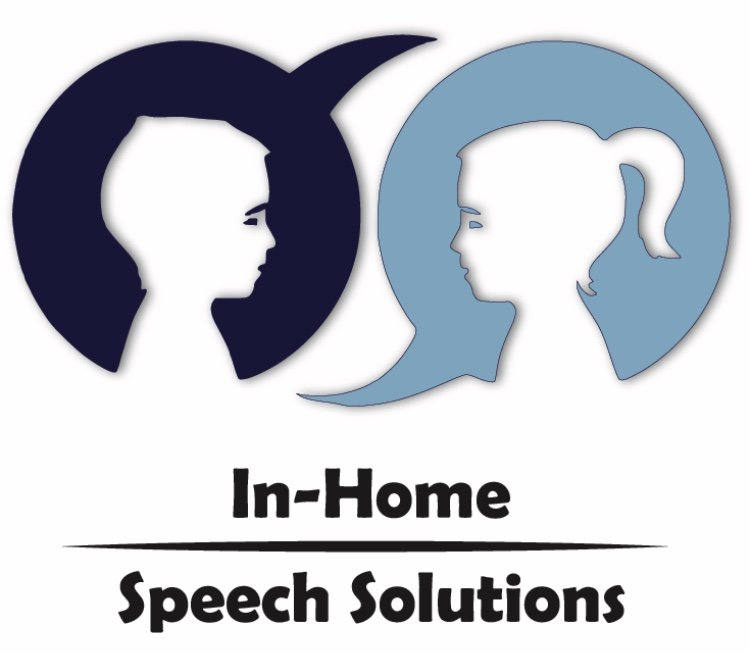Signs of Auditory Processing Disorder
Auditory Processing Disorder (APD), also known as Central Auditory Processing Disorder (CAPD), refers to a child’s ability to manage what he or she hears. APD makes it difficult for the individual to process and use auditory information. Many of the symptoms of APD overlap with ADHD as well as learning and language disorders. APD can negatively impact a child’s ability to interact with people, learn, and concentrate.
It is important to use a multidisciplinary approach to fully understand the cluster of problems associated with APD. This being said only an audiologist can make the diagnosis of APD.
The Child Institute has compiled a list of symptoms associated with Auditory Processing Disorder.
Symptoms
Difficulty following directions
Frequent requests to repeat information
Trouble distinguishing between similar-sounding words
Lack of focus, especially in noisy surroundings
Impaired memory for nursery rhymes or song lyrics
Struggling with reading, spelling, speaking, or rhyming
Mixing up the order of sounds in words or numbers in a sequence
Inability to follow conversations
Trouble expressing thoughts and feelings clearly
Treatment of APD is highly individualized and there is not one treatment that is appropriate for all children with APD. Speech-language therapy is the most common intervention used to treat Auditory Processing Disorder. During speech-language therapy the child works on improving their skills in distinguishing, remembering, and sequencing sounds. There has been little research to support the effectiveness of this intervention, however, going without treatment can negatively impact a child’s self esteem and growth as the child could struggle to keep up with their peers. Educational therapy is another intervention that is helpful for children with APD. Educational therapy helps children develop strategies to compensate for skills deficits. These strategies can help children learn how to manage frustration, compensate for areas where they struggle, and play to their strengths.
As always, feel free to contact In Home Speech Solutions if you have questions or concerns we can help answer.
Resources
Bellis, T. (2004) Understanding Auditory Processing Disorders In Children. Retrieved from www.asha.org.
Quick Facts on Auditory Processing Disorder. Child Mind Institute. Retrieved from https://childmind.org.
Jennifer Price M.S., CCC-SLP Lead Speech-Language Pathologist & Owner

